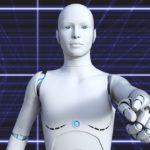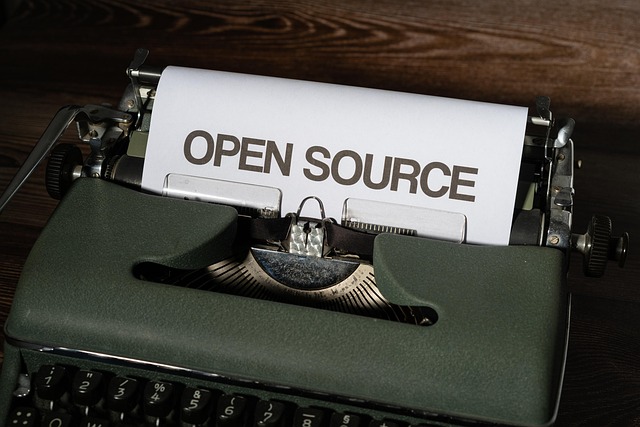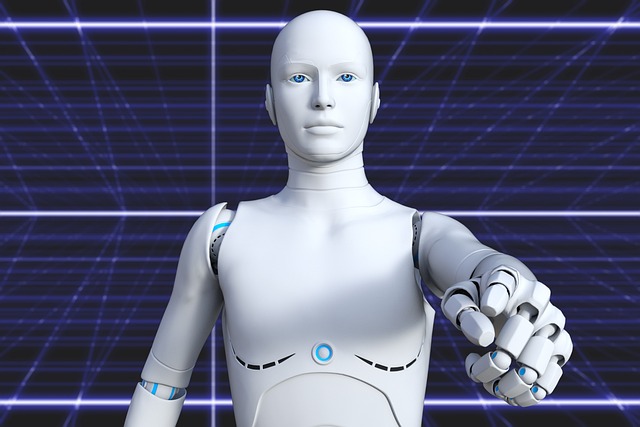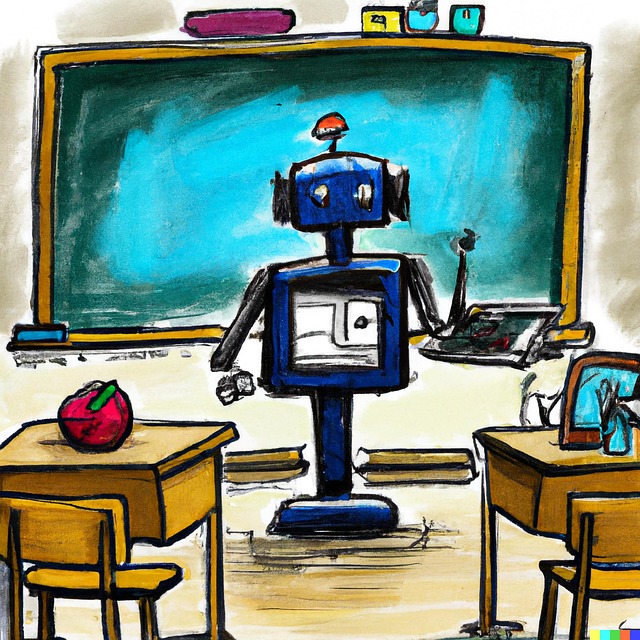# The Future of AI Technology: Exploring Its Role in Shaping Global Innovation and Human Experience
Artificial Intelligence (AI) has transitioned from a theoretical concept to a practical tool that permeates various sectors, influencing how we live, work, and interact. As we stand on the brink of a new era defined by AI advancements, it is crucial to explore its potential impact on global innovation and human experience. This article delves into the transformative power of AI, examining its implications for industries, ethical considerations, and the future of human-AI collaboration.
## Transformative Power Across Industries
The integration of AI technology has already begun to reshape multiple sectors, from healthcare to finance, and its influence is expected to grow exponentially. In healthcare, for instance, AI algorithms are enhancing diagnostic accuracy and personalizing treatment plans. Machine learning models analyze vast datasets, enabling healthcare professionals to identify patterns that may elude human observation. As a result, AI-driven tools are not only improving patient outcomes but also streamlining administrative processes, allowing practitioners to focus more on patient care.
Moreover, the financial sector is experiencing a revolution due to AI’s capabilities in data analysis and risk assessment. Financial institutions are leveraging AI to detect fraudulent transactions in real-time, assess creditworthiness, and automate trading strategies. The ability to analyze market trends and consumer behavior with unprecedented speed and accuracy is allowing companies to make informed decisions that drive profitability and innovation. As AI continues to evolve, its ability to predict market shifts and consumer preferences will likely redefine investment strategies and customer engagement.
Turning to the manufacturing industry, AI is facilitating the rise of smart factories and Industry 4.0. Through the implementation of AI-powered robotics and IoT devices, manufacturers are optimizing production processes and reducing operational costs. Predictive maintenance, driven by AI, ensures that machinery operates efficiently, minimizing downtime and enhancing productivity. As these technologies become more sophisticated, the potential for AI to create entirely new business models and supply chain strategies is immense.
## Ethical Considerations and Challenges
While the potential of AI technology is vast, it is accompanied by a host of ethical considerations that cannot be overlooked. The rapid advancement of AI raises questions about privacy, security, and the potential for bias in decision-making processes. For instance, AI systems trained on biased data can perpetuate and even exacerbate existing inequalities, leading to unfair treatment in areas such as hiring, law enforcement, and lending. Addressing these biases is crucial for ensuring that AI serves as a tool for equity rather than division.
Additionally, the implications of AI on employment are a topic of significant concern. As automation becomes more prevalent, the fear of job displacement looms large. While AI has the potential to create new roles and industries, the transition may not be smooth for all workers. Reskilling and upskilling initiatives will be essential to prepare the workforce for an AI-driven economy. Policymakers and industry leaders must collaborate to create frameworks that support workers during this transition, ensuring that the benefits of AI are equitably distributed.
Furthermore, the issue of accountability in AI decision-making raises important questions. When AI systems make decisions that affect individuals’ lives, determining responsibility can be complex. This complexity necessitates the development of regulatory frameworks that govern AI deployment, ensuring transparency and accountability. Striking a balance between fostering innovation and protecting public interest will be critical in shaping the future landscape of AI technology.
## The Future of Human-AI Collaboration
Looking ahead, the relationship between humans and AI is poised to evolve into a more collaborative partnership. Rather than viewing AI as a replacement for human intelligence, it is essential to recognize its potential as an augmentative force. The concept of human-AI collaboration emphasizes the strengths of both entities, leveraging AI’s computational power and data analysis capabilities alongside human creativity and emotional intelligence.
In creative fields, AI is already being used as a co-creator. Artists, musicians, and writers are experimenting with AI tools to enhance their creative processes. For instance, AI algorithms can generate music compositions or assist in visual art creation, providing artists with new avenues for expression. This collaboration not only expands the boundaries of creativity but also challenges traditional notions of authorship and artistic authenticity.
Education is another area where human-AI collaboration holds promise. Personalized learning experiences powered by AI can adapt to individual students’ needs and learning styles, enhancing educational outcomes. Educators can utilize AI-driven analytics to identify students who may require additional support, ensuring that no learner is left behind. As AI continues to be integrated into educational systems, the potential for fostering a more inclusive and effective learning environment is significant.
Ultimately, the future of AI technology will hinge on our ability to navigate its complexities while harnessing its potential for innovation. By prioritizing ethical considerations, investing in workforce development, and embracing collaborative approaches, society can shape a future where AI enhances human experience rather than detracts from it. As we move forward, the dialogue surrounding AI must remain open and inclusive, ensuring that diverse perspectives contribute to the evolution of this transformative technology.
In conclusion, the future of AI technology is not merely about the machines we build but about how we choose to integrate them into our lives. By understanding its transformative power, addressing ethical challenges, and fostering collaboration, we can create a world where AI serves as a catalyst for innovation and a partner in enhancing the human experience. The journey ahead is filled with potential, and it is up to us to steer it toward a future that benefits all.











